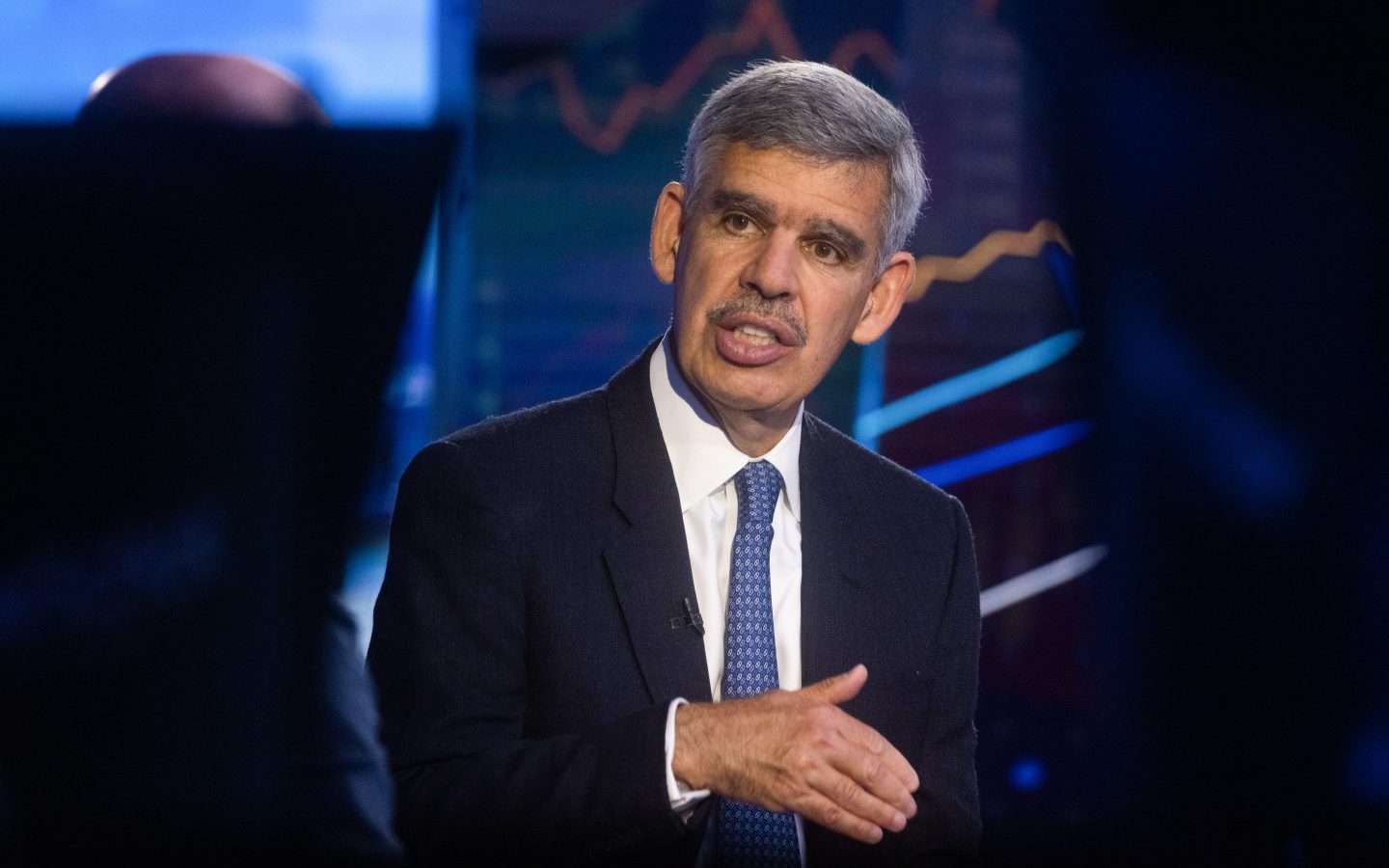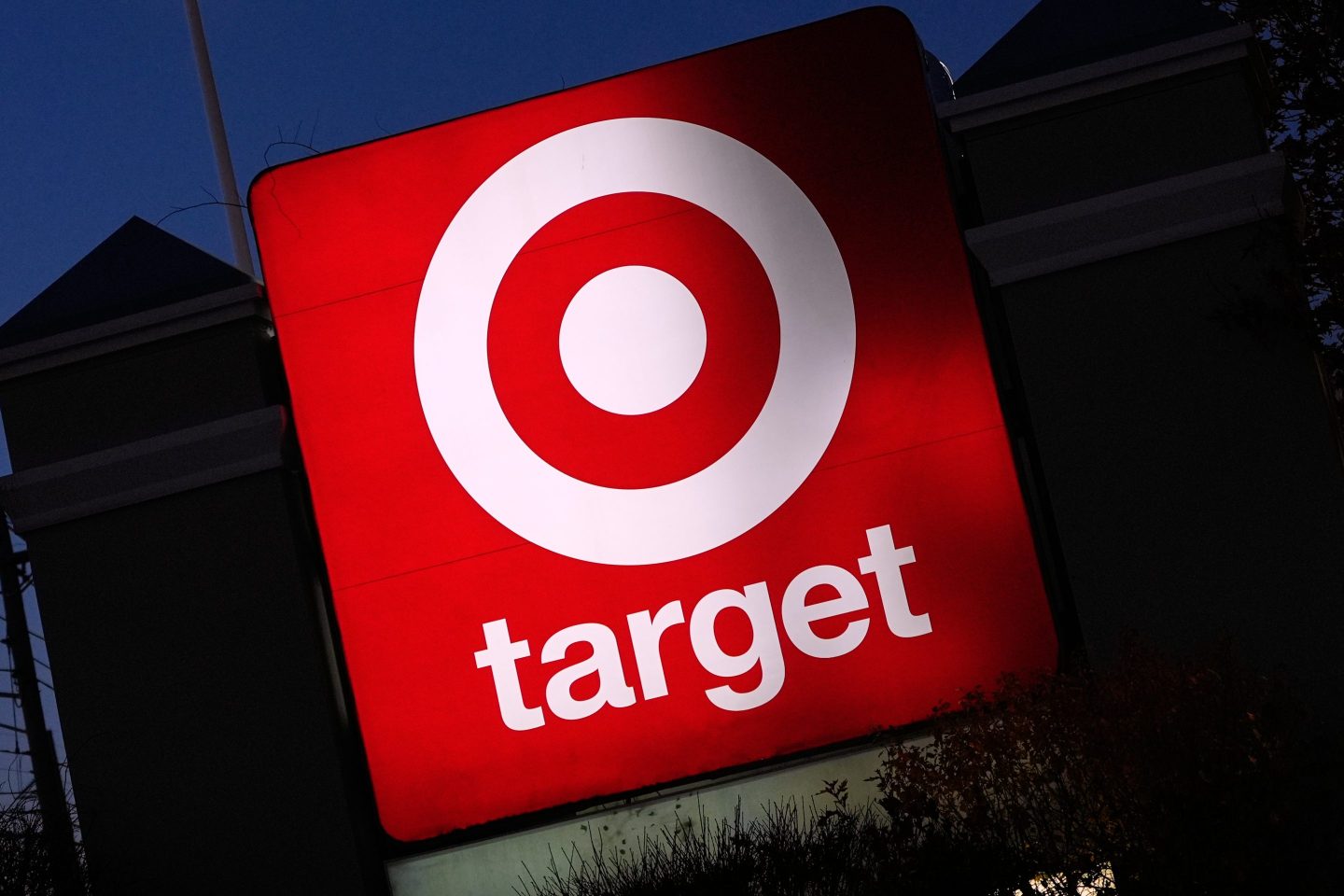In an extraordinary moment in professional sports, the WNBA All-Star Napheesa Collier used a postgame press conference to air her grievances about the way the league in general, as well as commissioner Cathy Engelbert specifically, does business.
The Minnesota Lynx forward, who is a five-time All-Star and vice president of the Women’s National Basketball Players Association, used Tuesday’s press conference to argue that the WNBA is being mismanaged. “We have the best players in the world. We have the best fans in the world,” Collier said. “But right now we have the worst leadership in the world.”
The Lynx ended their season after a game-four loss to the Phoenix Mercury on Sunday. Collier injured her ankle during game three after she fell on the court, with the Mercury’s Alyssa Thomas then stealing the ball from her. When a foul wasn’t called on the play, Lynx coach Cheryl Reeve charged the court to challenge a referee and was ejected from the game. Reeve was reportedly fined $15,000 and suspended for game four after heated comments during a news conference in which she called for league-wide officiating changes.
Collier devoted many of her remarks to inconsistent officiating, which she called an act of “self-sabotage” from the league, comments particularly salient as players remain gridlocked with the league office over a new collective bargaining agreement.
During a period of blockbuster growth for the WNBA—when player pay and the league’s sustainability are top of mind—Collier argues negligent management is adversely impacting not only the well-being of players in terms of their compensation, but also the quality of the product fans are seeing, impeding the sport from growing effectively. She even brought up the young new superstars Caitlin Clark and Angel Reese and said the league is blowing its opportunity to capitalize on their emergence.
“The real threat to our league isn’t money. It isn’t ratings or even missed calls or even physical play,” Collier said. “It’s the lack of accountability from the league office. Since I’ve been in the league, you’ve heard the constant concerns about officiating, and it has now reached levels of inconsistency that plague our sport and undermine the integrity in which it operates.”
Collier’s grievances
As an example, Collier brought up her memory of a private conversation with Engelbert, claiming the commissioner had rebuffed her concerns around player pay. The Lynx player said she struck up conversations with the commissioner at an Unrivaled league match in February, asking why young league stars like Paige Bueckers, Angel Reese, and Caitlin Clark were making so little money despite driving league growth, and Engelbert responded, “Caitlin should be grateful she makes $16 million off the court, because without the platform that the WNBA gives her, she wouldn’t make anything.”
“We are the players, so we feel like we just should get what we deserve and what the people before us have paved the way for us to get, what the next generation deserves,” Bueckers told Fortune last month. “As the game continues to grow, and the W continues to capitalize off of our growth … we feel like we should just get a piece of that pie.”
Las Vegas Aces coach Becky Hammon and Indiana Fever coach Stephanie White were also fined for making public comments criticizing the officials in remarks defending Reeve. Collier said on Tuesday that she disapproved of how the league doled out these fines.
“Our leadership’s ability to [be] held accountable is to suppress everyone’s voices by handing out fines,” she said. “I’m not concerned about a fine. I’m concerned about the future of our sport.”
Ongoing disputes over pay
WNBA players are in ongoing negotiations with the league over a collective bargaining agreement. The current agreement expires on Oct. 31. Beyond wanting to increase pay for players—the starting salary for a WNBA rookie barely breaks $75,000, while the maximum is around $250,000—the athletes have also expressed a desire for revenue-sharing.
Players have argued they weren’t being compensated appropriately as the league balloons in value and popularity. In June, Sportico estimated a WNBA team was worth an average of $269 million, a 180% increase from 2024. The 13 teams are collectively worth an estimated $3.5 billion. The league announced on Tuesday an 11-year, $2.2 billion media rights deal going into effect next season.
Engelbert said in a statement released Tuesday she has “the utmost respect for Napheesa Collier and for all the players in the WNBA.”
“Together we have all worked tirelessly to transform this league. My focus remains on ensuring a bright future for the players and the WNBA, including collaborating on how we continue to elevate the game.
“I am disheartened by how Napheesa characterized our conversations and league leadership, but even when our perspectives differ, my commitment to the players and to this work will not waver,” she concluded.
These issues are not unique to the WNBA, as its affiliate league, the NBA, has weathered refereeing controversies and skirmishes over player pay for years. It’s currently embroiled in arguably its biggest-ever financial scandal, as Los Angeles Clippers owner Steve Ballmer, the former Microsoft CEO who is also the wealthiest owner in the league, was recently accused of skirting the NBA’s salary cap by paying star player Kawhi Leonard $28 million for a “no-show job.” In another notorious incident, former referee Tim Donaghy was sentenced to jail for conspiring to fix games in a scandal that continues to cast a shadow over the NBA’s referee integrity.













